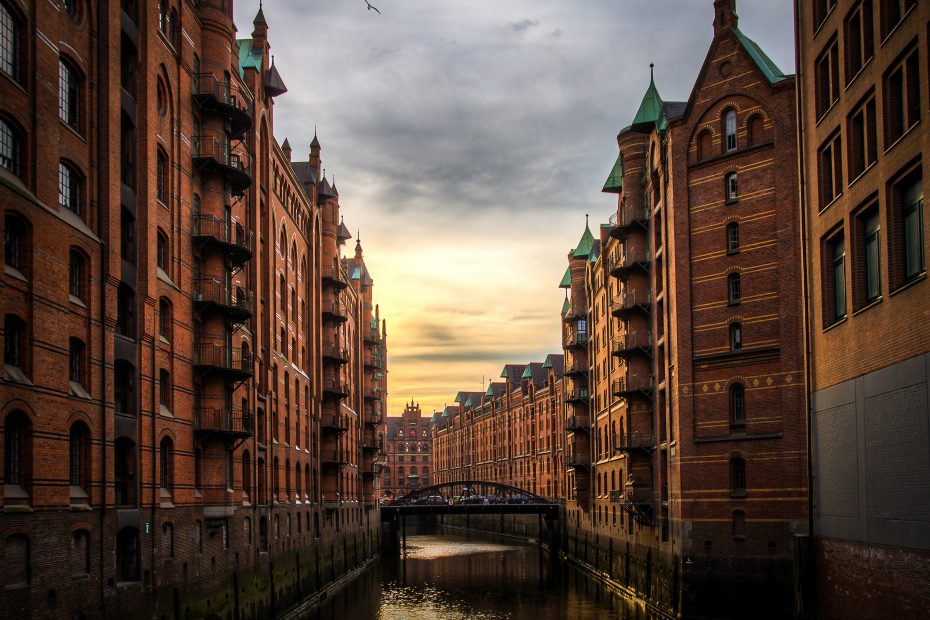Table of Contents
Introduction
Every year, millions flock to Munich in September to participate in Oktoberfest, considered the world’s largest Volksfest (beer festival). However, there is much more to German culture and traditions beyond this famous 16-day event. Germany has a rich and varied heritage of local festivals and customs that offer a deeper insight into the country’s regional diversity.
Overview of Oktoberfest
Oktoberfest originated in 1810 in celebration of the marriage between Crown Prince Ludwig and Princess Therese. Today, the festival attracts over 6 million visitors annually. Revelers gather in large tents to consume copious amounts of beer, wine, and German delicacies like pretzels, sausage, and pork knuckles. Folk music, parades, amusement rides, and cultural exhibits add to the festive atmosphere. Though extremely popular, Oktoberfest is limited to Munich and represents only a fraction of German festivities.
Beyond Oktoberfest: Other German Festivals and Traditions
While Oktoberfest dominates global attention, Germany has a calendar packed with lesser-known festivals and customs that provide a more authentic look into German culture. These celebrations showcase the country’s regional diversity and ancient folklore.
Christmas Markets
Germans start the holiday season by gathering at traditional Christmas markets from late November through December. Vendors sell local handicrafts, ornaments, toys, and holiday foods like stollen and gingerbread. Cologne, Nuremberg, and Dresden host particularly famous markets.
Carnival Celebrations
In February, Carnival offers a colorful spectacle before Lent. Key events occur in the Rhineland cities of Cologne, Mainz, and Düsseldorf. Costumed parades, brass bands, and political satire fill the streets. A highlight is women cutting off men’s ties!
St. Martin’s Day
On November 11, children carry lanterns and lead a procession for St. Martin’s Day. The lanterns symbolize the light St. Martin brought by sharing his cloak with a beggar. Families also eat goose and watch reenactments of St. Martin on his horse.
Easter Traditions
Easter commemorates spring and new beginnings with unique German twists. Adults hide eggs, often painted or chocolate, for kids to find. Sorbian Sorbs in eastern Germany burn an “Easter wheel” – a large wooden wheel decorated with greenery and ribbons.
Walpurgis Night
The night before May 1, Germans celebrate the arrival of spring on Walpurgis Night based on pagan folklore. People light bonfires and lanterns to ward off witches and evil spirits.
Ascension Day
40 days after Easter, Germans recognize Christ’s ascension into heaven on Ascension Day. Many areas allow dancing around a maypole, singing, and even public drinking – customs otherwise restricted by old town codes.
Schützenfest
Dating from medieval times, shooting clubs host Schützenfest (“marksman’s festival”) events. Participants dress in historic garb, parade, and compete in target shooting using old-fashioned firearms. Over 5,000 Schützenvereine clubs exist.
Wine Festivals
Wine reigns along Germany’s Rhine River Valley and in Franconia. Towns like Düsseldorf and Würzburg celebrate with wine queen coronations, grape stomps, fireworks, music, and tastings. The goal? To empty one’s glass saying “Prost!”
Music Festivals
Music is integral to German pride. Besides Oktoberfest tunes, festivals feature classical, rock, pop, and folk. The famous Wagner Festival occurs annually in Bayreuth. For contemporary vibes, Berlin hosts concerts throughout the summer.
Regional Traditions and Customs
German states showcase unique, local culture through their festivals and customs. Here are some highlights.
Bavaria
Oktoberfest has origins here, but Bavarians also don Maypoles painted in blue and white diamonds to celebrate spring. On Christmas, they set up Nativity scenes and decorate evergreen trees.
Black Forest
Black Forest communities maintain old-world folk traditions. Adults and children wear colorful Bollenhut hats during festivals. Cuckoo clocks, cherry cakes, and whittling woodcrafts represent typical crafts.
Rhineland
Carnival is forefront in the Rhineland where Katholisch (Catholic) culture dominates. Known for its joie de vivre, Rhinelanders break out costumes, satire, and irreverent humor to push boundaries before Lent.
Conclusion
While Oktoberfest draws huge crowds, Germany brims with lesser-known festivals, traditions, and customs year-round. Each region boasts unique cultural vibes from Christmas markets to wine festivals, Carnival satire to Easter egg hunts, and folk music to costumed parades. Exploring these local gems provides travelers a rich, authentic German experience. So next time, consider venturing beyond Munich to discover the diversity of German heritage.
FAQs
What are some of Germany’s main festivals besides Oktoberfest?
Beyond Oktoberfest, other major German festivals include Christmas markets, Carnival celebrations before Lent, St. Martin’s Day, Easter traditions, Walpurgis Night, Ascension Day, music festivals, and numerous wine festivals.
What types of traditions characterize different German regions?
Bavaria is known for Oktoberfest plus maypole and Christmas decorations. The Black Forest has cuckoo clocks and woodcarving crafts. The Rhineland practices colorful Carnival satire. Saxony hosts famous Christmas markets like Dresden’s.
Do any German festivals involve special costumes or attire?
Yes, Carnival involves elaborate costumes and masquerade balls. Schützenfest celebrations include participants dressing up in historic garb from old shooting clubs and guilds.
What foods and drinks are associated with German festivals?
Beer and giant pretzels are Oktoberfest staples. Wine festivals feature German Rieslings and other varietals. Christmas markets sell treats like stollen, gingerbread, roasted nuts. Easter has chocolate bunnies and eggs.
What types of events occur at German music festivals?
Major music festivals in Germany range from Wagner’s Bayreuth Festival to rock and pop concerts. Most festivals incorporate live performances, food, dancing, camping, and partying in a celebratory atmosphere.
